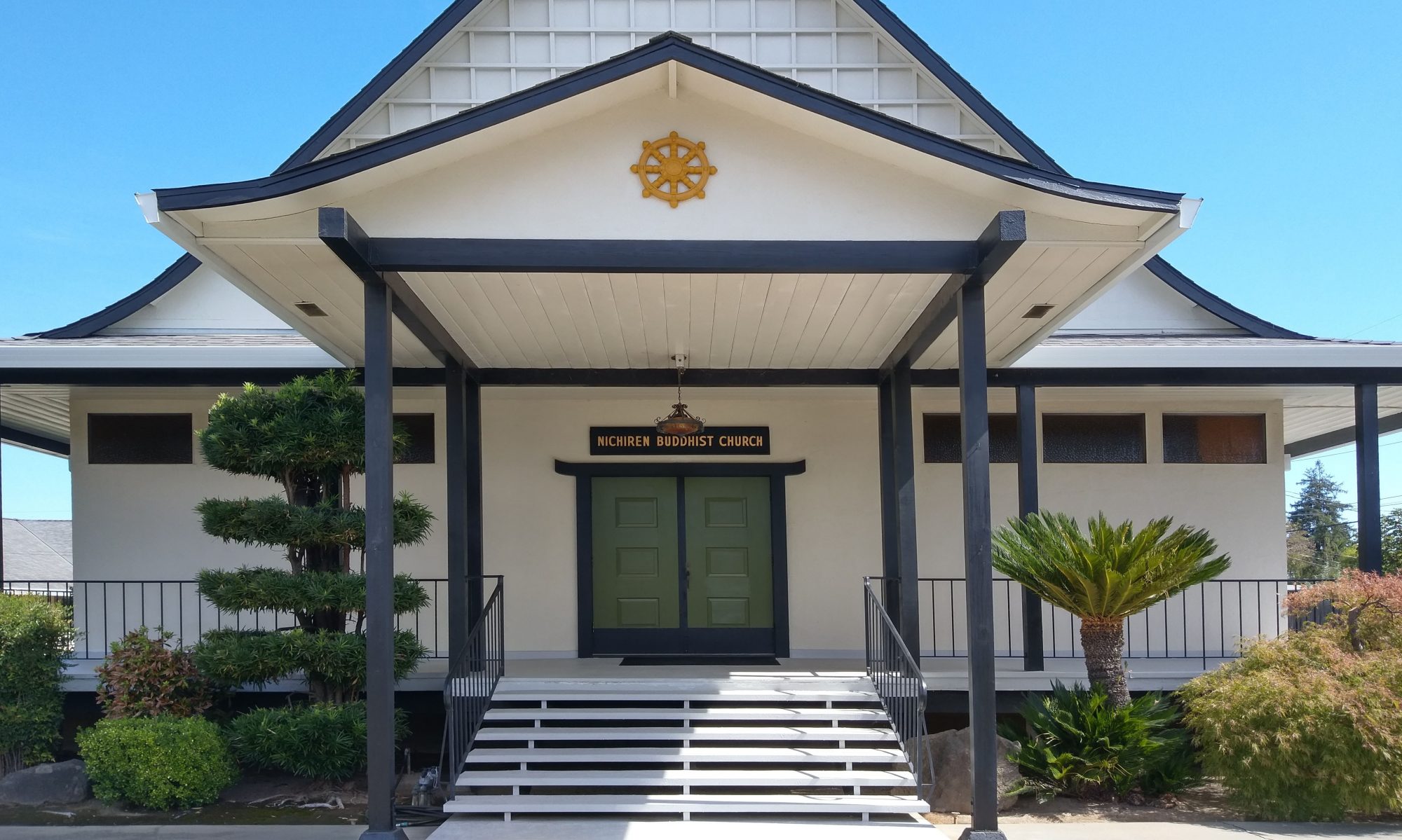
Cherish yourself and your family
 All of us will lose our parents someday. As time passes we will lose husbands, wives, brothers, sisters or children. Are the deceased a part of your family? Once dead do they cease being part of your family? From a Buddhist perspective, they are your family whether living or dead. No matter what happens, family relationships are forever.
All of us will lose our parents someday. As time passes we will lose husbands, wives, brothers, sisters or children. Are the deceased a part of your family? Once dead do they cease being part of your family? From a Buddhist perspective, they are your family whether living or dead. No matter what happens, family relationships are forever.
Your parents, grand parents, great grandparents, aunts and uncles did their best for you just as you are doing your best for your children, grandchildren, nieces and nephews. We are here today because of the efforts of our family over the generations. If one link was missing in our family chain we would not have been born. We do not live alone separate from our past or future. We are a living link between the past and the future. We are the connection between our past and future families. It is our responsibility to take good care of what our past family has left for us, make it better and pass it on to our future family. If someone does not take care of their parents, they may not be taken care of by their children. Our children learn from the example we set just as their children will learn from them. So all family is equally important whether those who lived long before you or who will be born after you die. A religion which does not teach about the importance of past and future family does not teach true family values.
Holding a memorial service is a way we can honor our past family for their sacrifices and efforts on our behalf. We accumulate great benefits by chanting Namu Myoho Renge Kyo and then, transfer these benefits to our past family.
In Buddhism, life is not entirely cut off by death as the stream of consciousness continues on. Because of this, the relationship between family members who have passed away and those still living are also not cut off. We do not know, however, the spiritual state that deceased family members are in. According to the Buddha’s teaching, depending on the quality of their accumulated “karma” (a word for “actions” whether wholesome or unwholesome) from their most recent as well as previous lives, they may gravitate towards either happy or unhappy states of mind and therefore rebirths. According co Buddhism it is possible to assist them by dedicating the merits of our own practice to them. The more we as a family chant together for our deceased relatives, the more merit they receive. A memorial service is a way in which we assist our past family co be reborn into a better state of being, even in the Pure Land of the Eternal Shakyamuni Buddha where they can attain Buddhahood easily.
Nichiren Shonin said, “Our heads are given by our parents. Our legs are given by our parents. Our fingers are given by our parents. Our mouths are given by our parents. Our entire body is inherited from our parents.” Our body is not just ours. We inherit our body from our past family from generation to generation. The benefits we enjoy have been nurtured and passed along by our past family. To pray for our past family means to pray for ourselves because we in our bodies and minds contain this inheritance passed from generation to generation.
How do we cherish our future family and our descendants? First, we should tell our children, grand children, nieces and nephews about the true meaning of family. We should hold memorial services for our past family together with our present families. By our teaching and example the younger generations will understand their family history and the sacrifices made by those who came before them. The best way to cherish your family is to instruct them concerning the teachings of Buddhism.
Buddhism teaches the true importance of family.
Some people say that Buddhism is out-of-date and superstitious because they fail to understand the karmic link between each of us, those who came before and those who will come after us. As we learn about Buddhism, we begin to understand that Buddhism is very logical and its teaching is beyond time and space.
Buddhism is the religion which teaches us the true connection between family in the past, present and future. The hard efforts of our past family have lead to this moment in time and the benefits we enjoy. Our efforts in this time will directly impact how our families will benefit or suffer in the future. It is the great benefit given to us by our past family to meet the Dharma in our current lives. We are indebted to the favors bestowed by our past family and have a responsibility to pass it on to our future generations.
Let us hold memorial services for you and your entire family. Please consult with your minister how to hold memorial services.

You must be logged in to post a comment.